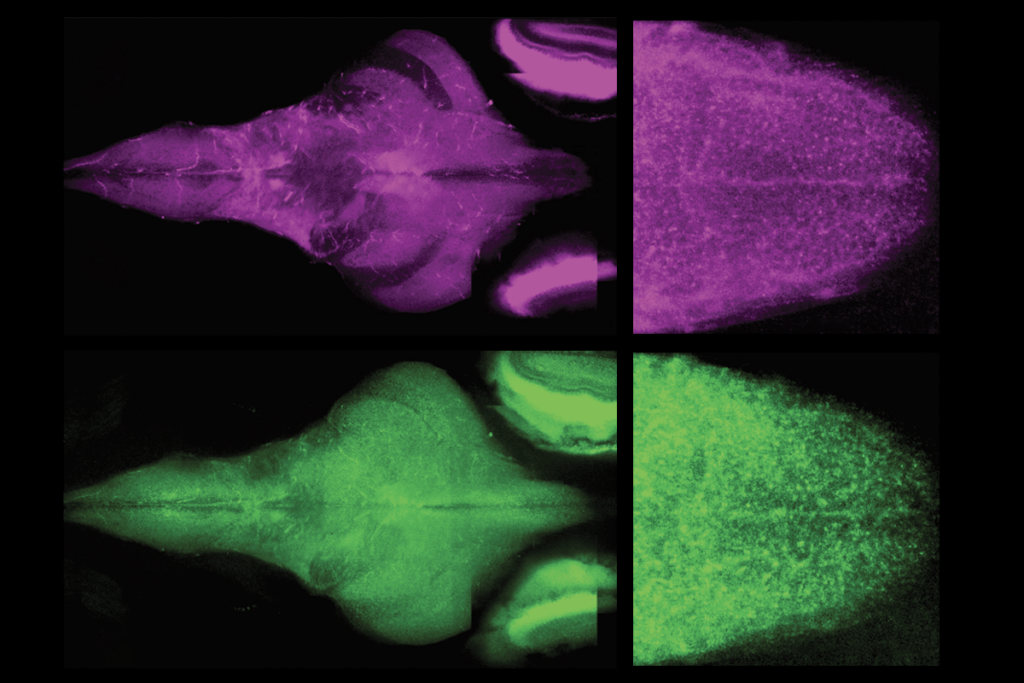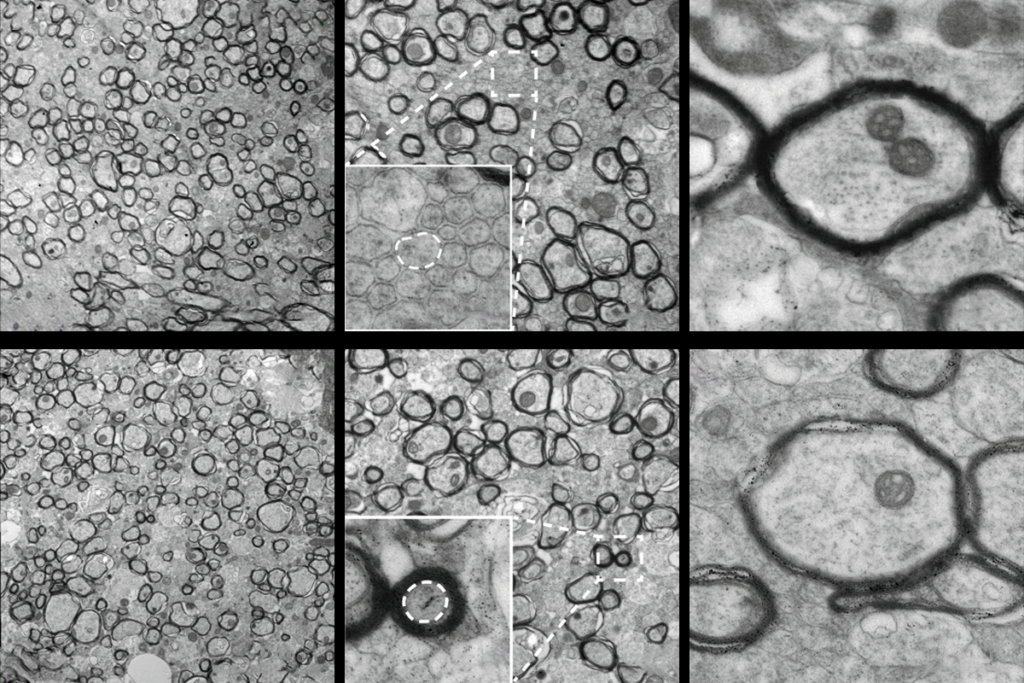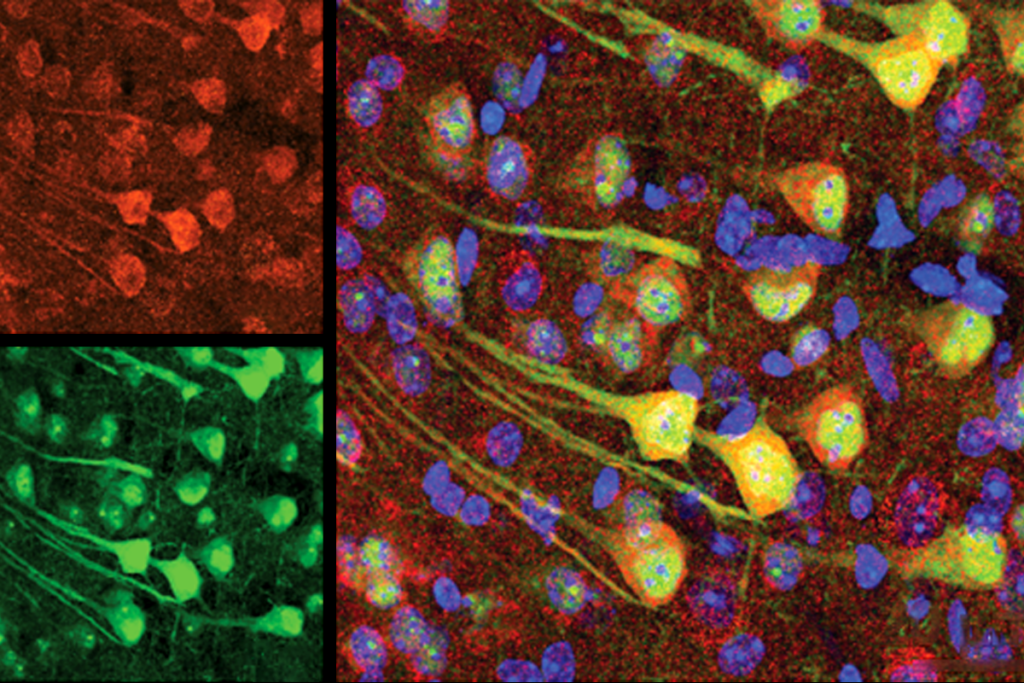“We don’t need equitable participation in research. It is entirely possible that all discoveries in our field can be made in New York.” I’m not often at a complete loss for words, but this recent emphatic statement at a meeting in the United States organized for autism researchers from around the world caught me by surprise. Perhaps it shouldn’t have.
Almost everything we know about autism comes from a handful of WEIRD (Western, educated, industrialized, rich and democratic) countries in the so-called “global north,” yet most autistic people live in low- and middle-income countries (LMICs) around the globe that are quite different from these predominantly English-speaking nations. In a review conducted in 2017, my colleagues and I discovered that less than 1 percent of all autism research to date was performed in Africa, a continent that is predicted by UNICEF to be the home of more than 40 percent of the world’s children by 2050. At the service level, the majority of people in LMICs receive no diagnoses or supports, and in the few—typically urban—areas that can offer services, families often have to pay out of their own pocket. Finding strategies to meet the needs of autistic people and their families in LMICs is therefore fast approaching critical levels.
Scientists have made some progress toward diversifying autism research in high-income countries, by setting up initiatives to increase the diversity, equity and inclusion of the researchers, organizations and communities involved. My colleagues and I acknowledge those efforts. But unless autism research becomes diverse and global at the same time, we will retain the “knowledge gap” between the high-income/English-speaking nations and the rest of the world.
The International Society for Autism Research (INSAR) annual meeting begins tomorrow in Melbourne, Australia. Having this meeting in Australia, rather than in the U.S. or Europe as has previously been the case, is a values-based action intended to make it easier for researchers, clinicians and advocates from the Western Pacific Region to participate. The program deliberately includes panels and special-interest groups on the perspectives and needs of Indigenous, minority and other marginalized groups across the Western Pacific Region. Discussions are also slated to include the research priorities of diverse communities across the globe.
Hosting international conferences in different parts of the world is a first step in “democratizing” access to the latest efforts and thoughts in autism research. It is also a powerful opportunity for networking at a global scale so that researchers from a particular region, who may otherwise not have had financial resources to attend an in-person conference, can now meet a broad range of peers.
O
f course, equitable participation is not just about where international conferences are held. Broadening the global research spotlight going forward requires many actions—smaller and larger, cheaper and more expensive—to change the global autism research landscape.Setting up research awareness training in LMICs and other underrepresented communities would increase understanding of the value, power and place of research. In most LMICs, for example, people think of research as an “ivory tower”-based, abstract activity of no direct relevance to them. We also need a better understanding of the barriers to participation for children, adults, families and researchers from LMICs and other underserved global communities. These insights would inform more appropriate and targeted initiatives to reduce those barriers to participation.
When research is conducted in LMICs and other underserved global communities, it must leave behind more than it takes away, which means nurturing and empowering the communities engaged in research. We also must work collaboratively not only to build research capacity in the emerging generation, but also to train, mentor and support senior clinicians and clinical researchers who may have had little or no research training of their own.





